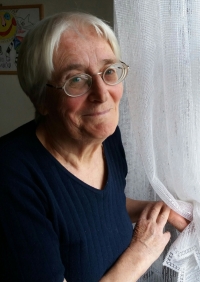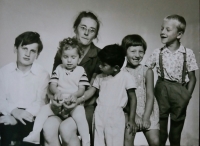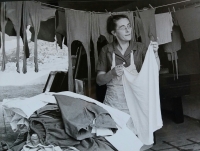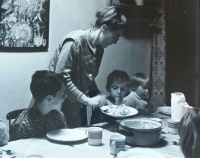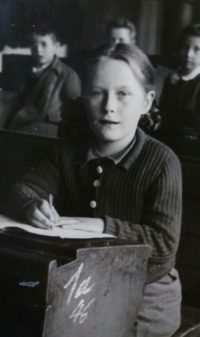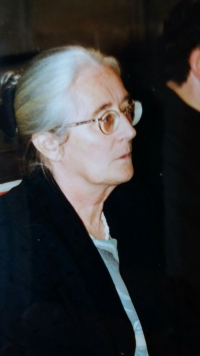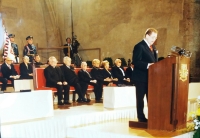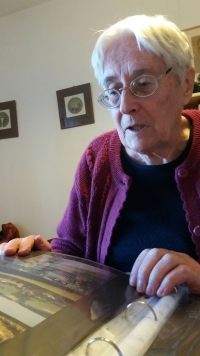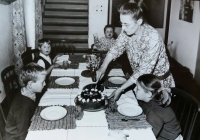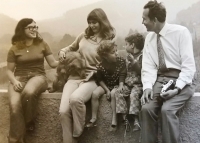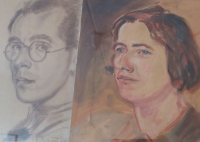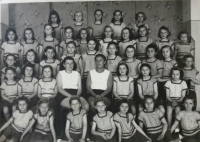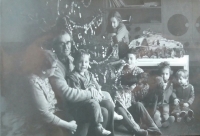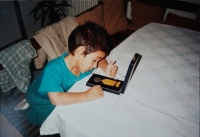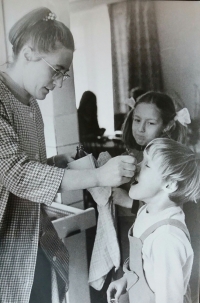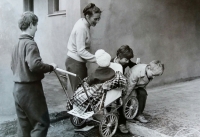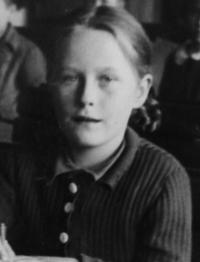I feel I haven´t wasted my life
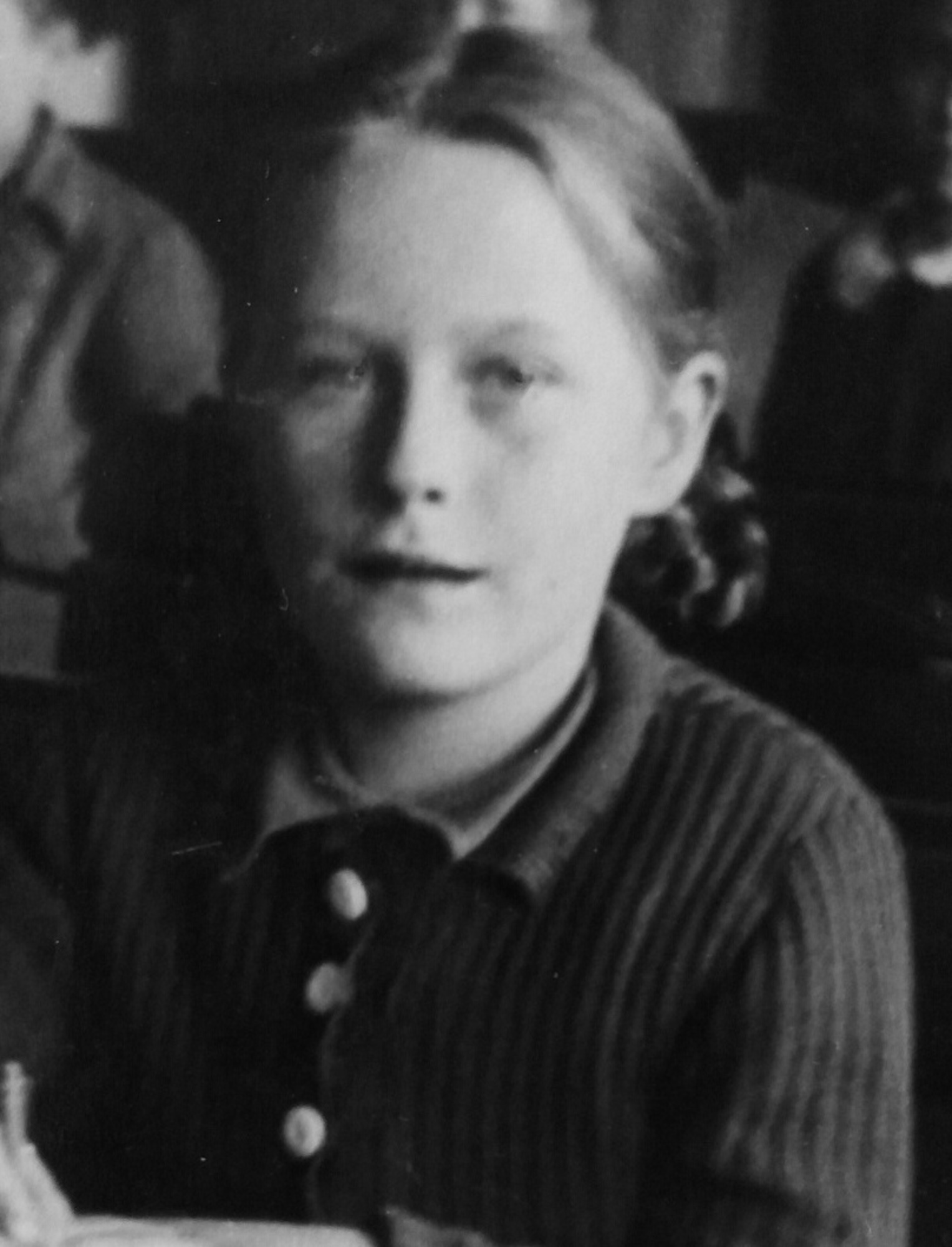
Stáhnout obrázek
Eva Borková was born on 4 December 1938 in Prague into a Czech Evangelical family. She spent her childhood in Chodov near Prague, where she witnessed the bloody events of the May Uprising and fights with the retreating Germans. In 1948 the family moved to Prague-Letňany. Her parents wanted to raise her in the Christian spirit, and they regularly attended Sunday services at church. After 1950, that did not go unnoticed by the Communist regime, and the family was under increasing pressure. So when her mother‘s native cottage became available, her parents decided to leave Prague and move to the greater peace of the distant rural countryside of Vsetín District - to the village of Růžďka. After finishing primary school, Eva Borková did not want to continue her studies and started working as a draughtswoman. Eventually, however, she graduated from a secondary school by distance learning. Then she moved in with her parents and found a job at the culture department of the Education Centre in Vsetín. In the summer she would go to help out at Pioneer camps. This predestined her to her future profession. She became one of the first professional foster carers in Czechoslovakia, and she devoted her life to the care and education of children without families in the SOS Children‘s Village in Karlovy Vary. She witnessed the oppressive atmosphere of the normalisation there, when the children‘s village fell under direct supervision of the state and was threatened to be dissolved on several occasions. Over the course of thirty years, she cared for and raised nineteen children in the SOS Children‘s Village. For her work she was awarded by a Medal of Merit, Second Grade, in 1999. Eva Borková lives in Karlovy Vary.
